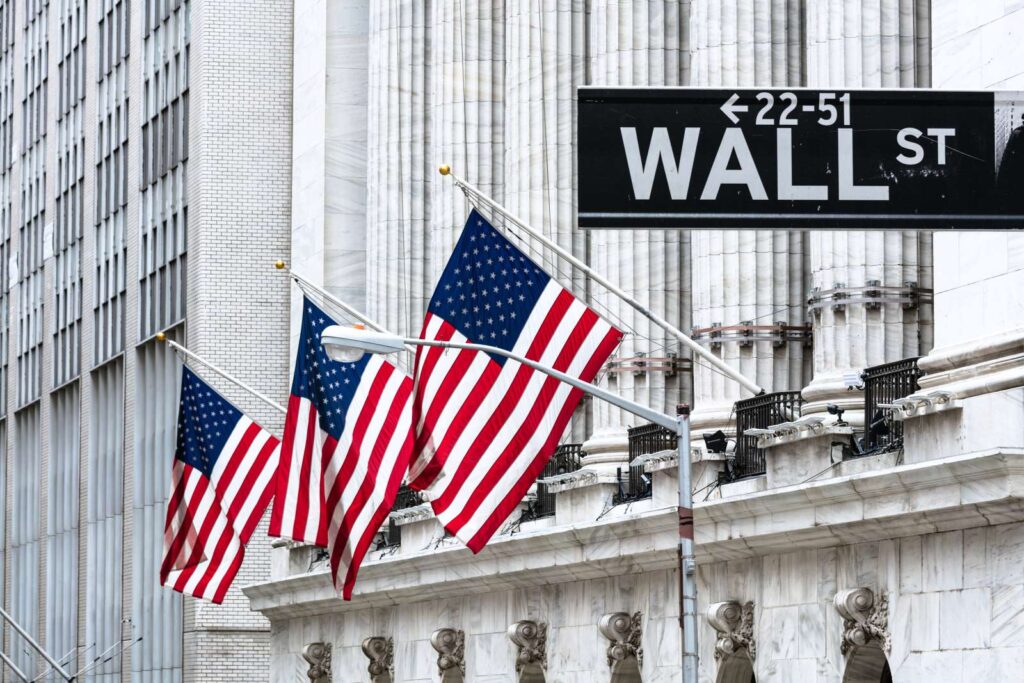The Cost of Racism in the Trillions

New York Stock Exchange, Wall street, Manhattan, New York, USA
A study released by Citigroup and directed by Raymond J. Mcquire, a vice-chairman at the bank, lays out how racism has cost the U.S. over $16 trillion during the last two decades. It pays to assume this figure is exponentially higher when you look at racism from a global perspective. The article on the study by NPR revealed the U.S. economy would see a $5 trillion boost over the next five years if the country could reverse its discriminatory practices. This is, of course, a long shot. “We believe we have a responsibility to address current events and to frame them with an economic lens in order to highlight the real costs of longstanding discrimination against minority groups, especially against Black people and particularly in the U.S.,” wrote McGuire. The study discusses four racial gaps between Blacks and whites.
First, entrepreneurship is the catalyst for change in the Black community, so we all know access to capital has been the major issue impeding this successful endeavor. The banks and financial institutions need to allocate a substantial bucket of money for Black entrepreneurs. This will show how serious they are in creating the additional $1 trillion per year in gross domestic product.
Second, Citigroup discussed pay discrimination. This is a major problem—no matter where you look. From Silicon Valley to blue-collar positions, you see whites get paid more than their Black counterparts, even when they have more education. We should focus on how women discuss issues as a gender category when there is a wide margin in pay amongst white and Black women.
Third, the study points out how housing discrimination is a widely known current and historic team sport. Issues such as redlining and “no Blacks allowed” neighborhoods are just some of the mistreatment of housing issues.
Last, the study discusses the cost associated with access to quality education. We must first deal with white supremacy in Corporate America and continue to strive for self-reliance. It remains the fact that white high school graduates earn more than college-educated Blacks.